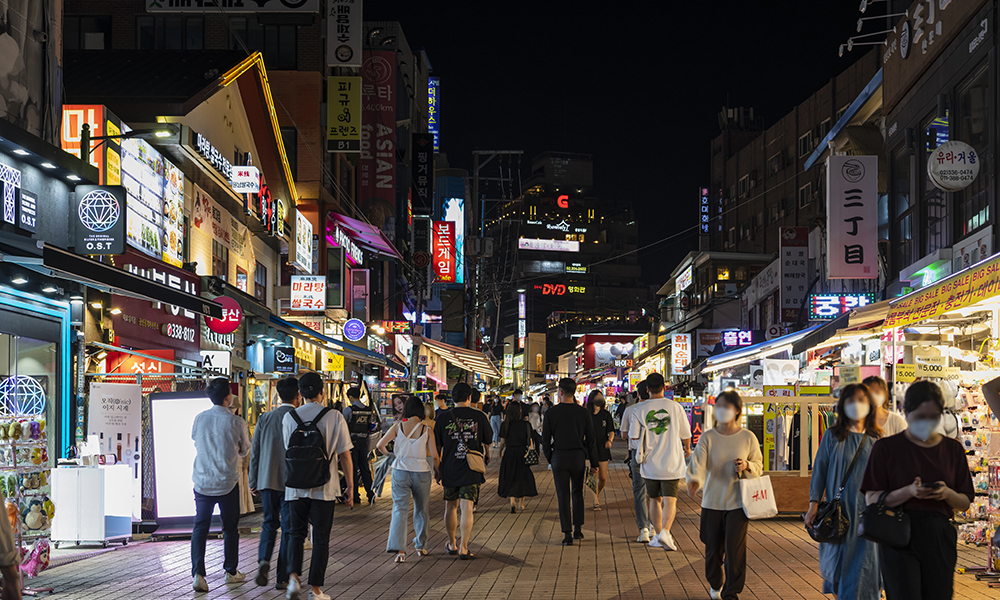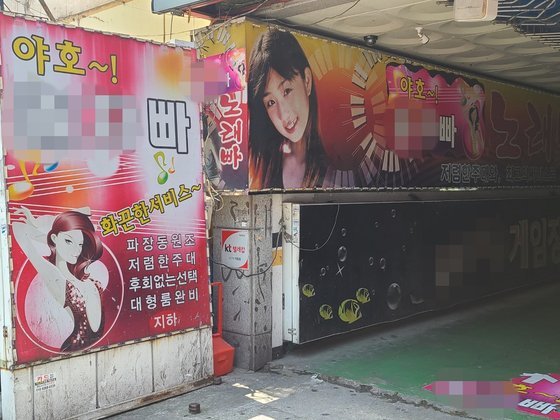Urban Nightlife
페이지 정보
작성자 Alton Wilsmore 작성일 25-01-16 17:49 조회 44 댓글 0본문

Urban Nightlife
When did nightlife begin?
Urban nightlife may be traced back to ancient civilizations, but its modern kind began to take shape within the late nineteenth and early twentieth centuries. Here are some key milestones within the historical past of nightlife:
1. Early Celebrations
- Ancient civilizations, such as the Greeks and Romans, had social gatherings, feasts, and festivals that often extended into the night.
- These occasions have been marked by music, dance, and leisure, laying the groundwork for later nightlife activities.
2. Rise of the Urban Center
- With the Industrial Revolution within the 18th and nineteenth centuries, city centers started to develop, resulting in a rise in population density.
- As cities became extra vibrant, institutions like taverns, dance halls, and theaters emerged.
3. Prohibition Era
- The 1920s within the United States saw the rise of speakeasies during Prohibition, where nightlife thrived regardless of legal restrictions.
- This interval highlighted the desire for socializing and leisure, additional shaping urban nightlife.
4. Jazz and the Roaring Twenties
- Jazz clubs became popular, bringing reside music and a lively environment to city nightlife.
- This period marked a cultural shift, with nightlife turning into more accessible and OP various.
5. Late twentieth Century Evolution
- The emergence of nightclubs, raves, and DJ tradition in the Eighties and Nineteen Nineties transformed nightlife into a worldwide phenomenon.
- Urban nightlife continued to evolve with know-how and cultural developments, embracing numerous genres and types.
Conclusion
In abstract, whereas nightlife has historical roots, the vibrant city nightlife we recognize right now started to develop within the late 19th century and has expanded and reworked considerably over time.

Why do most nightclubs fail?
Most nightclubs fail because of a mixture of things that can undermine their success. Here are some key causes:
1. Poor Location
- Visibility and accessibility are essential for attracting patrons.
- Locations which are too far from the nightlife hub may struggle to draw crowds.
2. Inadequate Market Research
- Understanding the target market is important.
- Failure to identify popular developments and preferences can lead to offering the wrong type of entertainment.
3. Unsatisfactory Customer Experience
- Inconsistent service, poor employees conduct, and lack of ambiance can drive customers away.
- Clubs that do not prioritize a optimistic guest experience usually see excessive turnover rates.
4. Financial Mismanagement
- Poor budgeting and financial planning can lead to operational losses.
- Failure to account for overhead costs can lead to unsustainable practices.
5. Overdependence on Alcohol Sales
- Relying solely on drink sales without diversifying income streams may be risky.
- Offering food or unique experiences can create extra earnings opportunities.
6. Inconsistent Programming
- Shifting themes or irregular events might confuse regular patrons.
- Clubs want to take care of a consistent identity to construct a loyal following.
7. Competition
- The nightlife trade is very competitive; new entrants can easily disrupt current clubs.
- Constant innovation and keeping up with opponents are important for survival.
In essence, managing a successful nightclub requires careful planning, adaptability, and a concentrate on delivering an exceptional expertise to patrons.
What is the meaning of metropolis club?
The time period metropolis club refers to a sort of nightlife venue that embodies the vibrant culture and power of urban areas. These clubs usually function social hubs the place people gather to unwind, dance, and join with others in a vigorous ambiance.
Key traits of a metropolis membership include:
- Location: Typically located in major cities, permitting quick access for locals and tourists alike.
- Aesthetic: A up to date design that usually options cutting-edge decor, lighting, and sound systems.
- Diverse Music: Offering various genres, from digital dance music to hip-hop, catering to a extensive range of tastes.
- Social Interaction: Providing an area for people to fulfill new pals or reconnect with old ones, emphasizing neighborhood and social engagement.
Cultural Impact
Metropolis clubs play a major role in shaping urban nightlife by:
- Promoting native artists and DJs, thus supporting the music scene.
- Cultivating a way of belonging amongst patrons, fostering connections via shared experiences.
- Reflecting the dynamic nature of town, usually adapting themes and occasions that resonate with present developments.
Overall, a metropolis membership represents more than only a place to party; it is a very important facet of urban culture, embodying creativity, community, and the vigorous spirit of metropolis life.
댓글목록 0
등록된 댓글이 없습니다.
